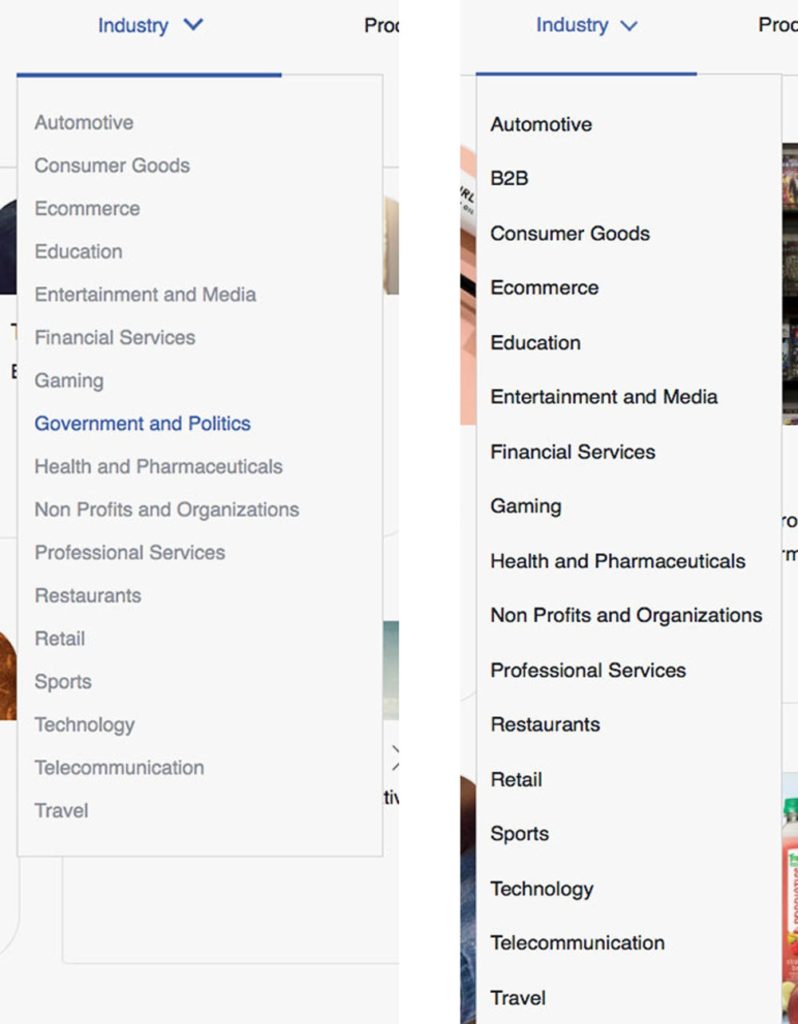Sam Moyn is not impressed by Steven Pinker’s new book – Enlightenment Now:
In laying out his vision of betterment in Enlightenment Now, Pinker confronts alternative trends and looming threats for progress only in order to brush them off. He does not take seriously the risk of major catastrophes, such as the collapse of a recent era of peace or the outbreak of a global pandemic, which he believes is easy to magnify beyond reason. As for environmental degradation, humanity will surely find a way to counteract this in time. “As the world has gotten richer,” Pinker explains, “nature has begun to rebound”—as if the failure of a few prophecies of ecological disaster to come to pass on schedule means the planet is infinitely resilient. Once he gets around to acknowledging that climate change is an actual problem, Pinker spends much of his time attacking “climate justice warriors” for their anti-capitalist hysteria.
Lots more in that sceptical vein. Worth reading in full.

